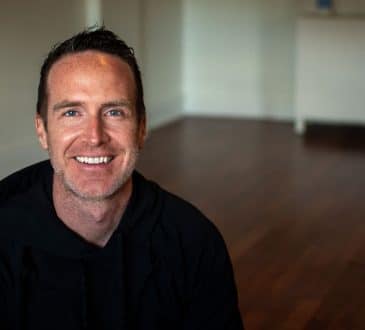Why an Inclusion Strategy Is the Antidote for the Great Resignation

We are experiencing a unique moment in the business world. The Great Resignation has caused a great deal of turmoil for many organizations, and some are finding themselves at a loss as they try to stem the tide of workforce disruption. To slow the impact of the Great Resignation and protect against high turnover in the future, businesses need to find ways to fortify their retention rates and their company cultures. To do that, they need to double down on inclusion.
At the beginning of the pandemic, I wrote an article about why diversity, equity, and inclusion leaders should play a critical part in building strategies to adjust workforces to remote work. Now that we have lived through the dramatic change of the last two years, many organizations now have to think about how to bring the workforce back into a physical workplace in a meaningful way. I would argue that by the very nature of what they do every day, DEI leaders are best situated to make and support those decisions. While the Great Resignation has many facets to it, we know that one of its key aggravators is that some people are uncomfortable with the ways their companies are bringing them back into the fold.
Here are three things organizations can do right now to increase their ability to withstand this moment in time—and even thrive despite it.
- Involve your DEI team and resource groups in your decision-making.
If your organization has business resource groups (BRGs), employee resource groups (ERGs), an inclusion council, or a chief diversity officer, make sure that you are involving them in the conversation. You should be leveraging their skills and networks. These people and groups can give you a more comprehensive insight into what is going on in the lives of people within the company. They can also tell you how the culture is or is not supporting employees based on what they see in their day-to-day work and interactions.If you are hesitant to involve inclusion practitioners or diverse employees in your decisions about work policies, consider this: LinkedIn data shows that when employees feel cared about at work, they are 3.2 times more likely to be happy at their job and 3.7 times more likely to recommend their company as a place to work. In other words, they are more than 300% more likely to want to stay. Your inclusion team members are your experts in creating that sense of belonging.
- Take heed of what they tell you.
You need to make sure that you not only invite your DEI practitioners and champions into the conversation, but that you listen to them as well. Many leaders will push back against the idea of seeking out diverse opinions as they make big decisions because they are afraid they won’t be able to implement all the ideas that are offered up. Resist that impulse to push back and make it clear from the beginning that while you might not be able to implement every idea, you still want to hear where people are coming from. Let it be known that you are ready to brainstorm with an open mind so you can logically work through what changes you can make. Sometimes we are limited in what we think is possible because we are boxed in by the structures that already exist. However, when we create a space to invite contributions from people who are closest to the challenges we are trying to solve, we have ideas we never would have arrived at in any other way. - Make sure your actions reflect a true understanding of employees’ needs.
To make employees want to stay, you must demonstrate that you know how the pandemic and other things happening in the world are impacting people in different and significant ways. When people within your organization feel seen, heard, and cared for, they are much less likely to click on that link for a potential new job. We are inhabiting a space in time filled with uncertainty, and you want to remove that uncertainty as best you can for your employees by being there for them in an authentic way.
Right now, more than ever, we are all looking for something real and tangible to hold onto. If we can think with an inclusive mindset about how we treat the people who allow us to fulfill our everyday missions, we can be that anchor in the storm.
Written by Deanna Singh.
Have you read?
# Best CEOs In the World Of 2022.
# TOP Citizenship by Investment Programs, 2022.
# Top Residence by Investment Programs, 2022.
# Global Passport Ranking, 2022.
# The World’s Richest People (Top 100 Billionaires, 2022).
# Jamie Dimon: The World’s Most Powerful Banker.
Bring the best of the CEOWORLD magazine's global journalism to audiences in the United States and around the world. - Add CEOWORLD magazine to your Google News feed.
Follow CEOWORLD magazine headlines on: Google News, LinkedIn, Twitter, and Facebook.
Copyright 2025 The CEOWORLD magazine. All rights reserved. This material (and any extract from it) must not be copied, redistributed or placed on any website, without CEOWORLD magazine' prior written consent. For media queries, please contact: info@ceoworld.biz











